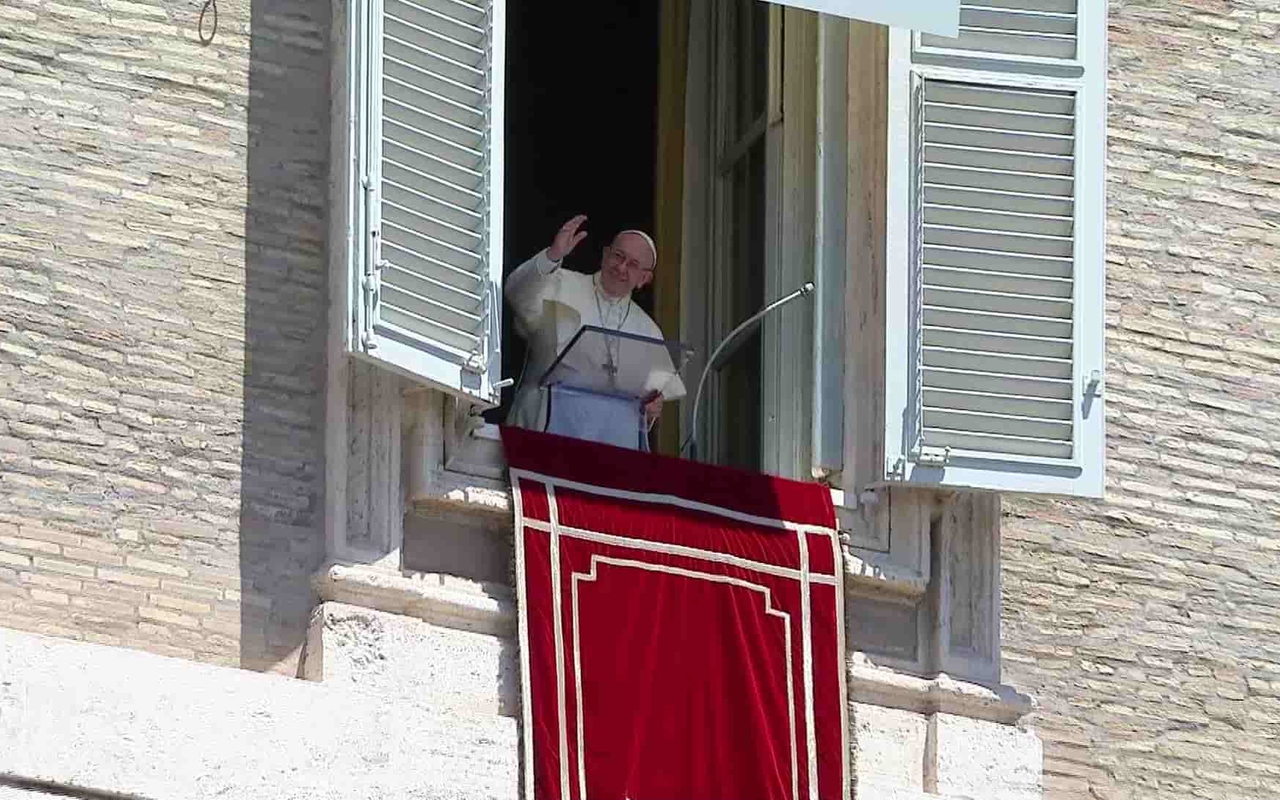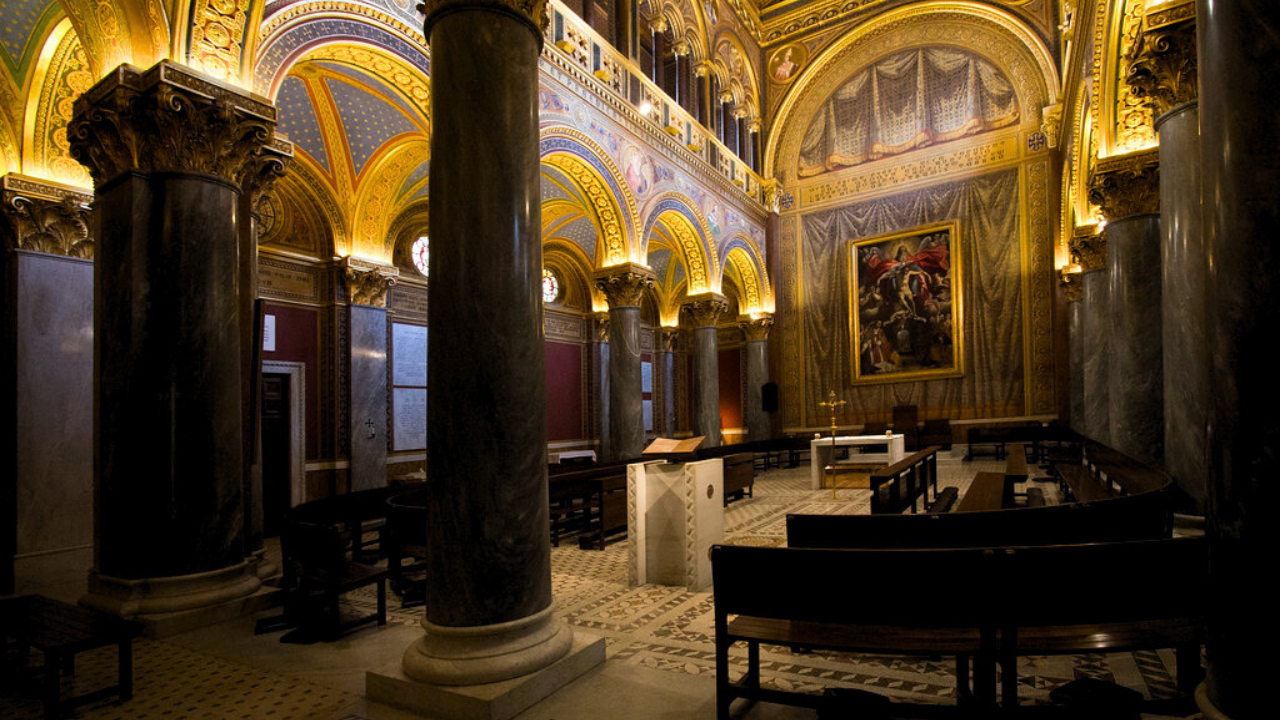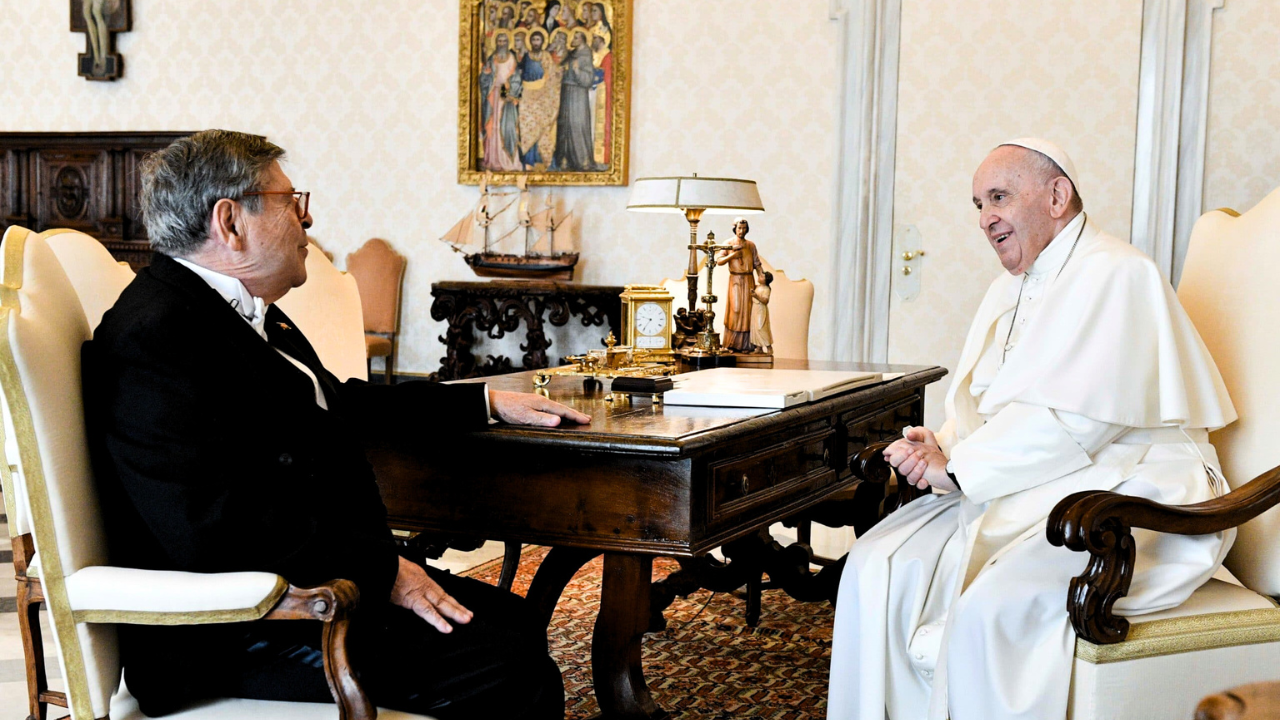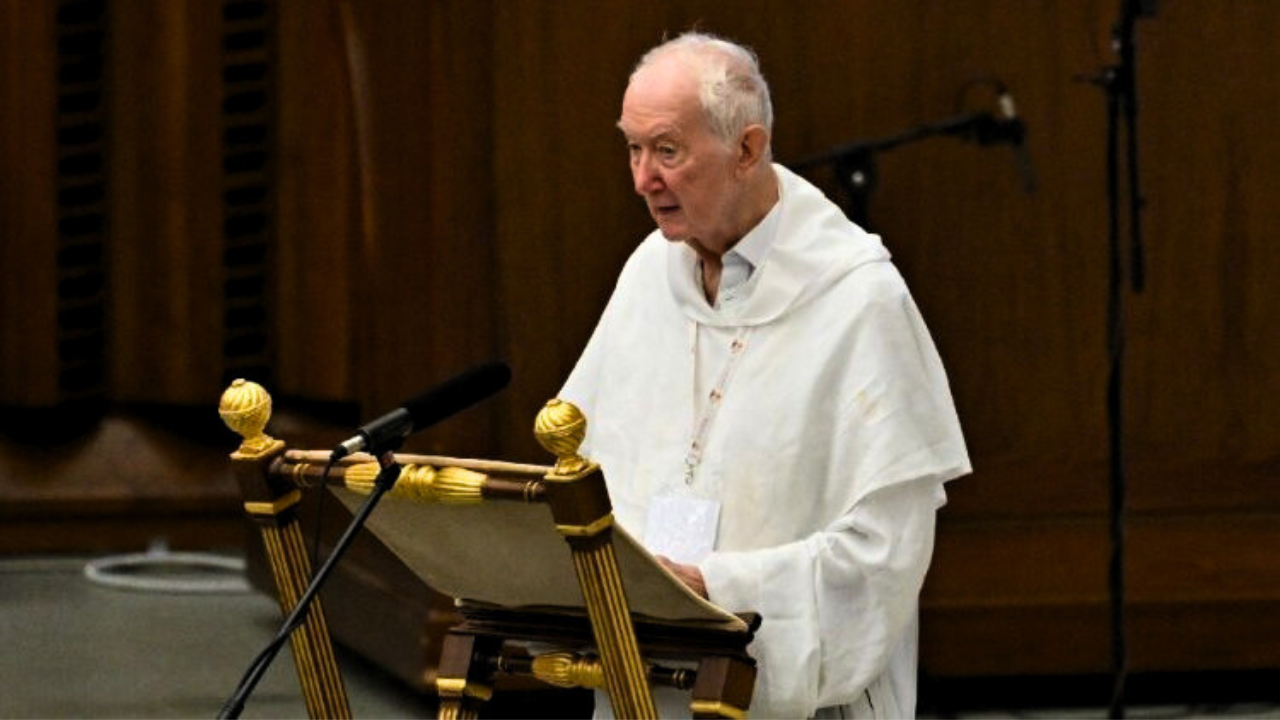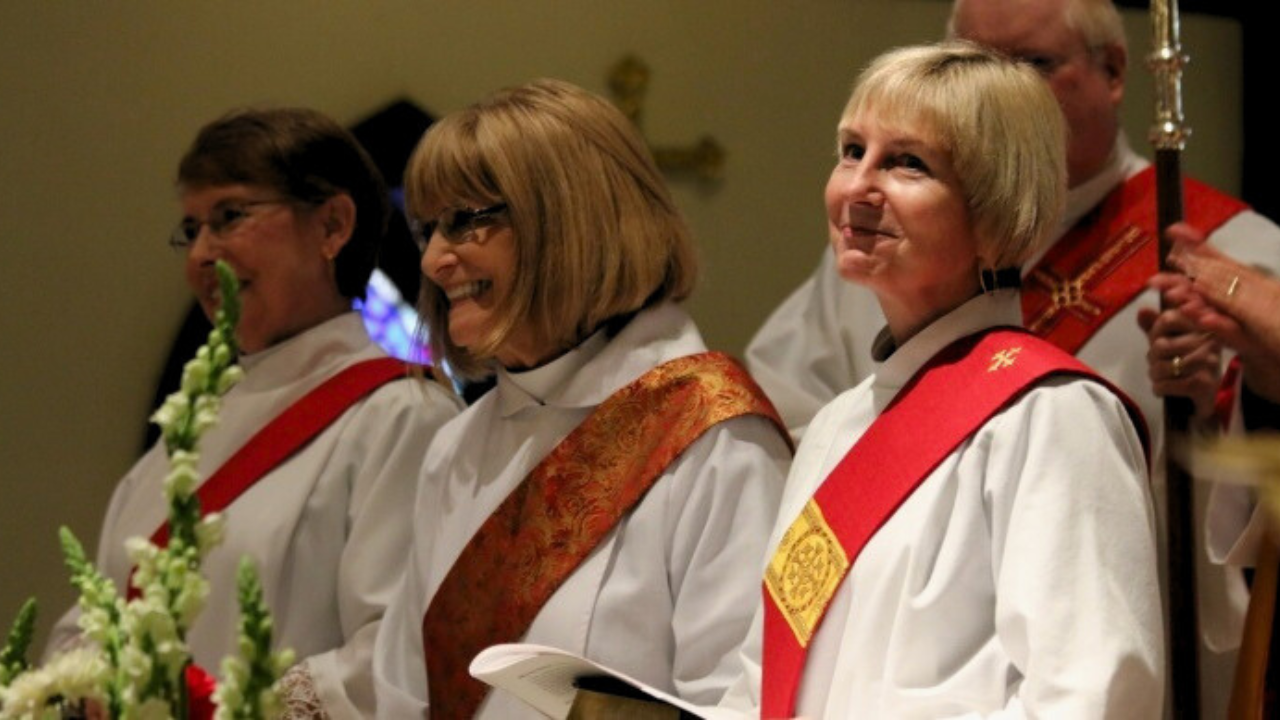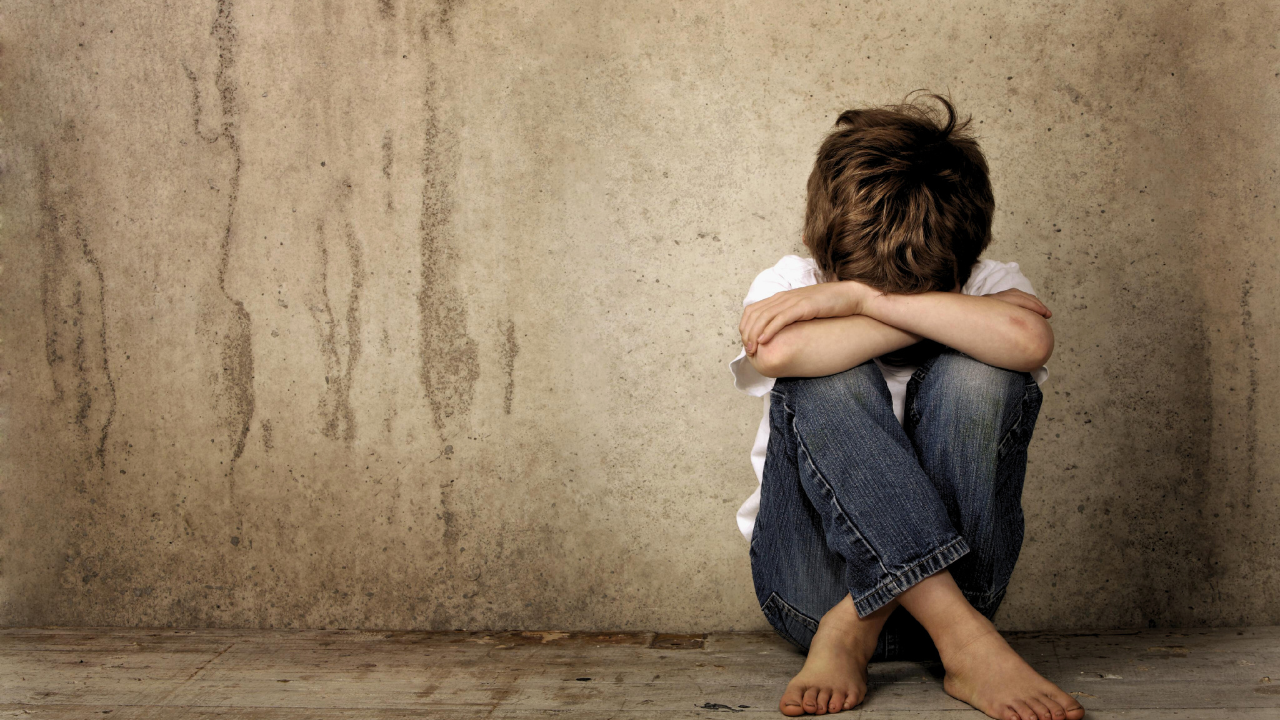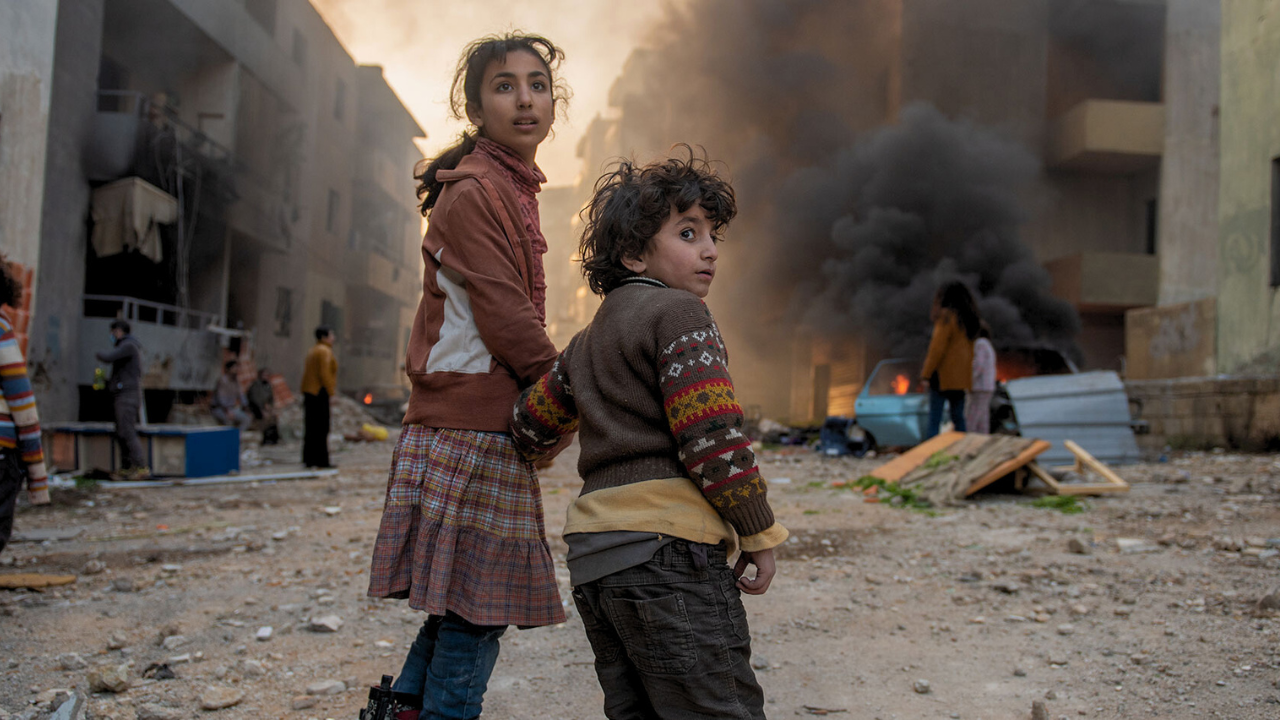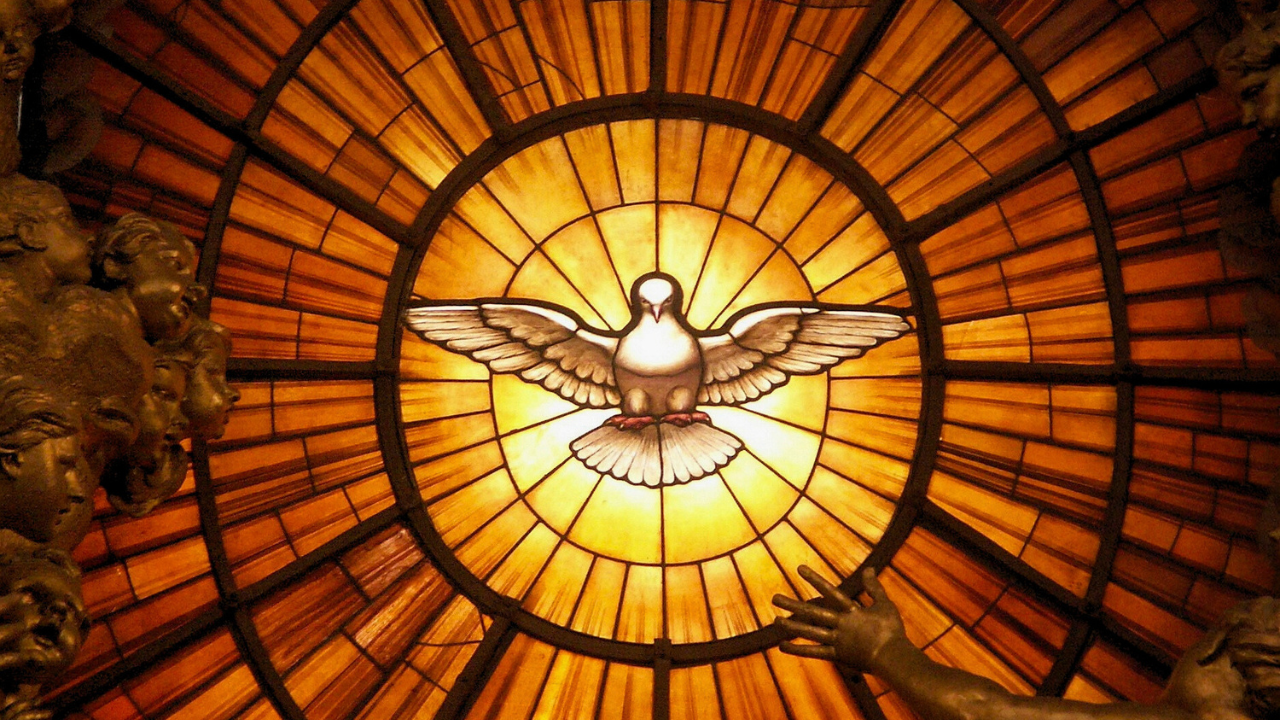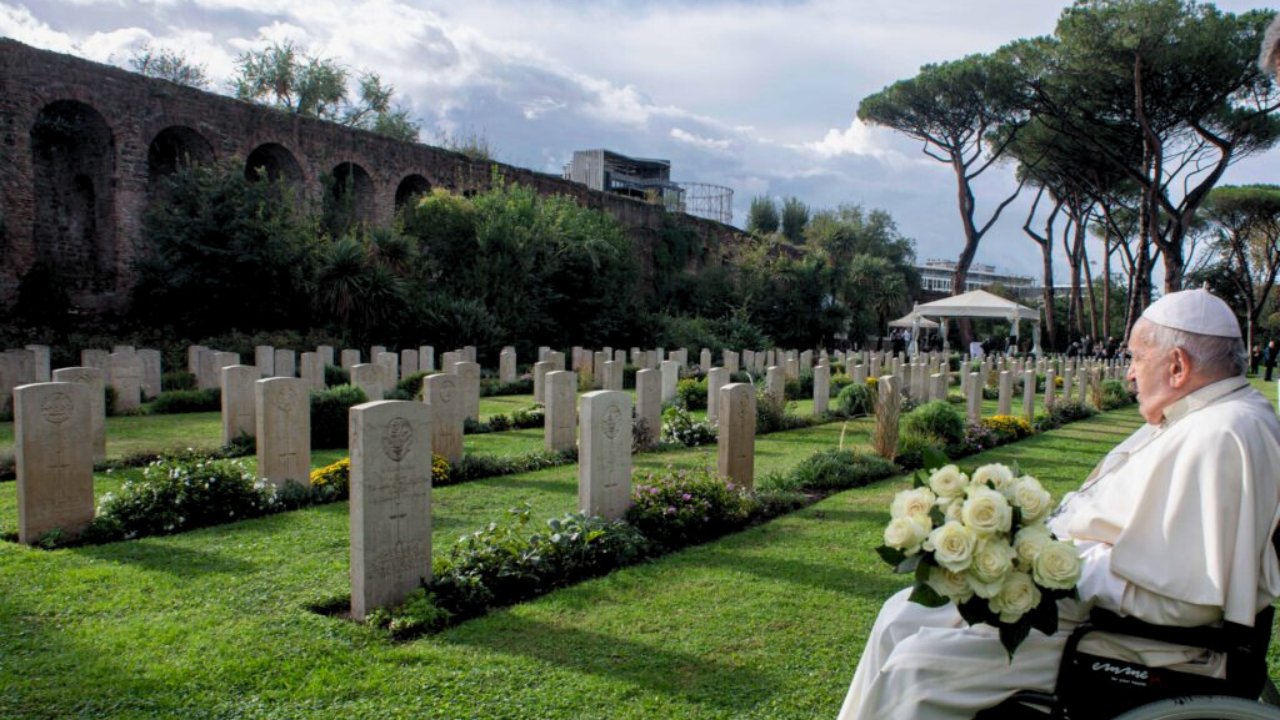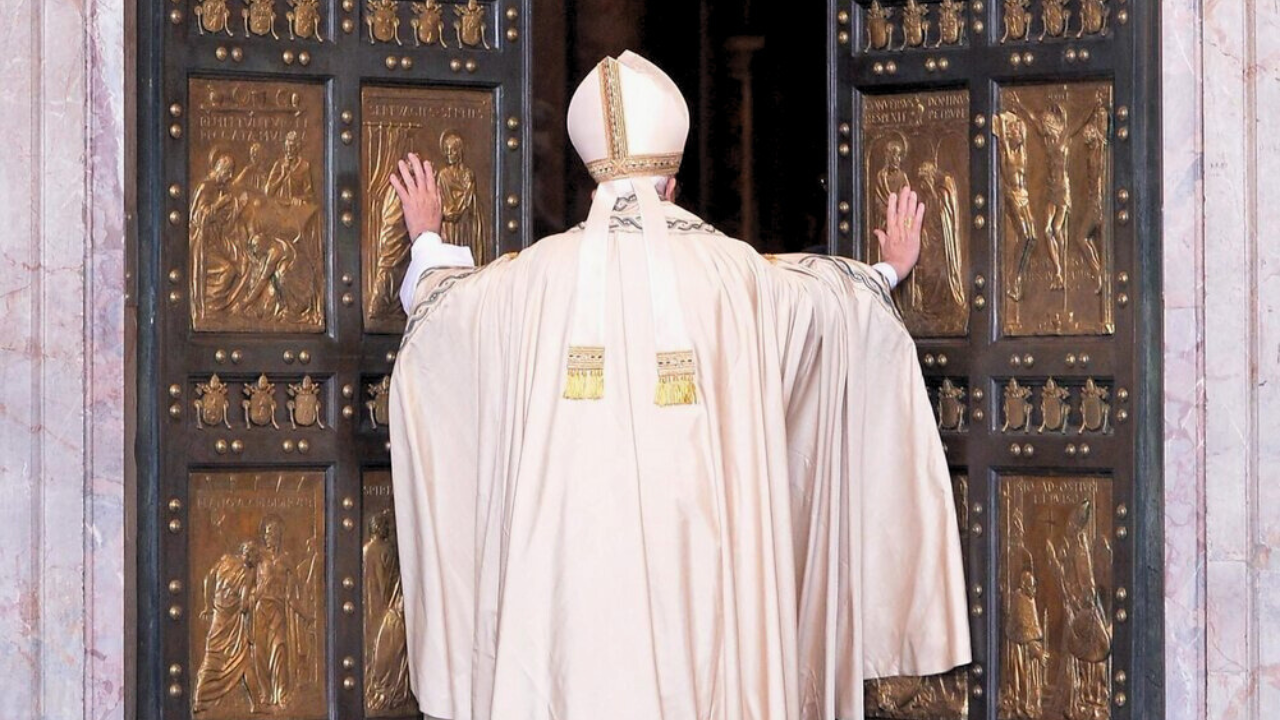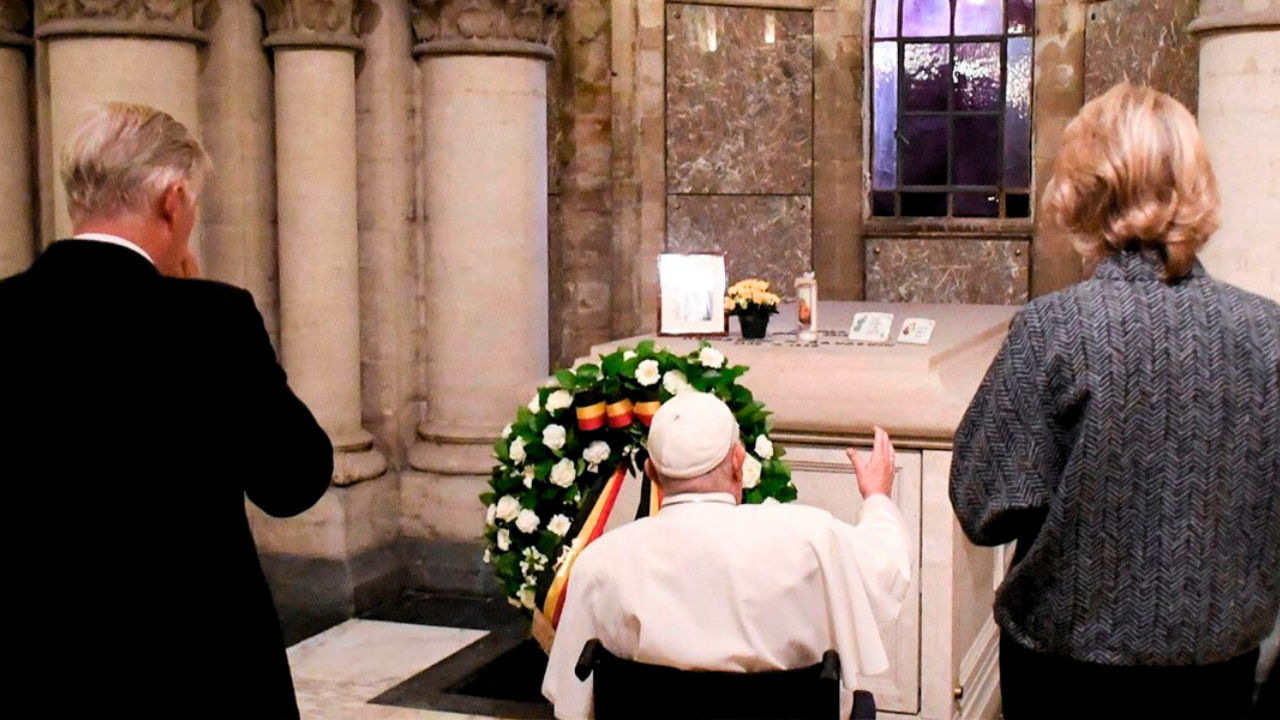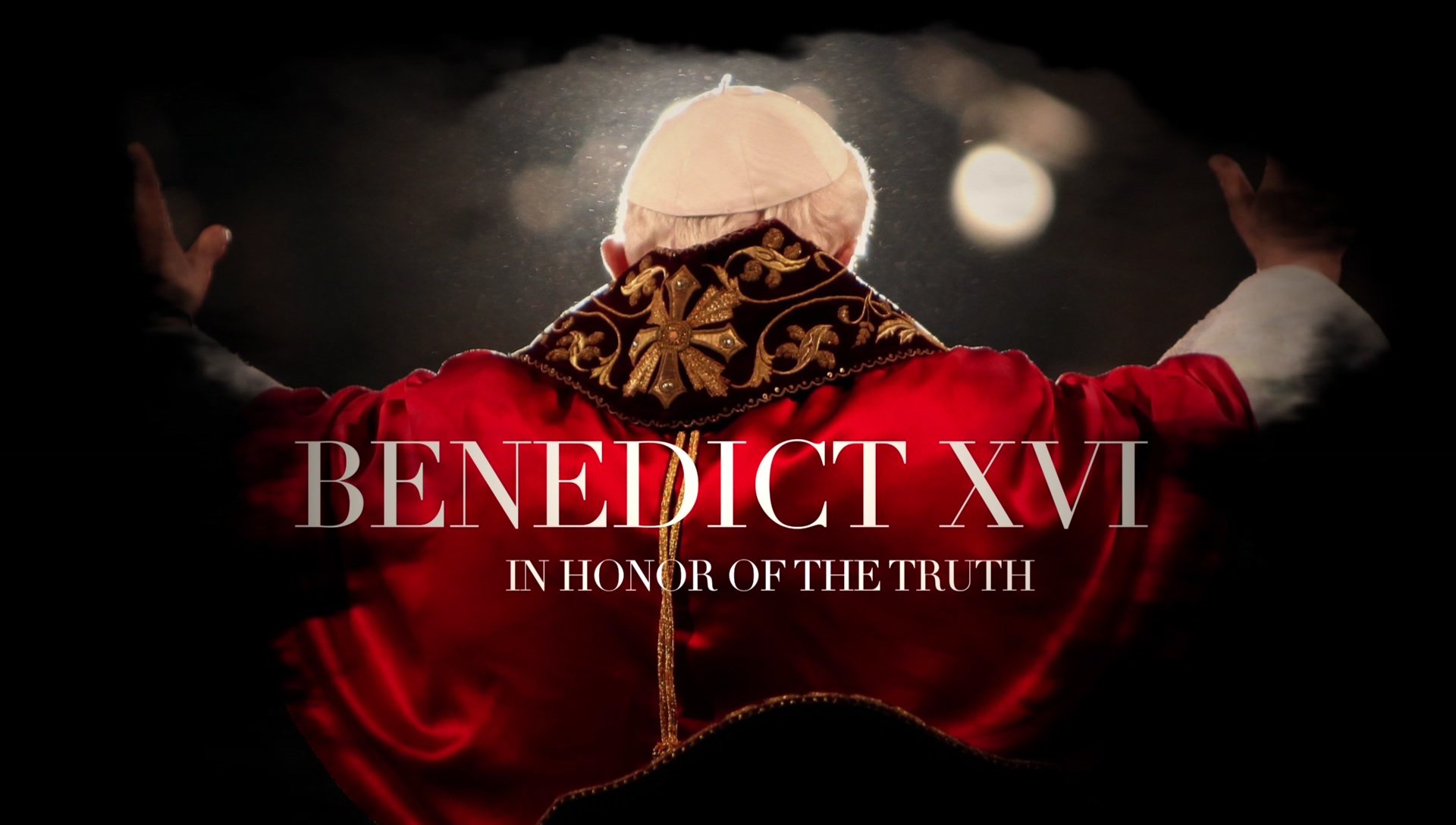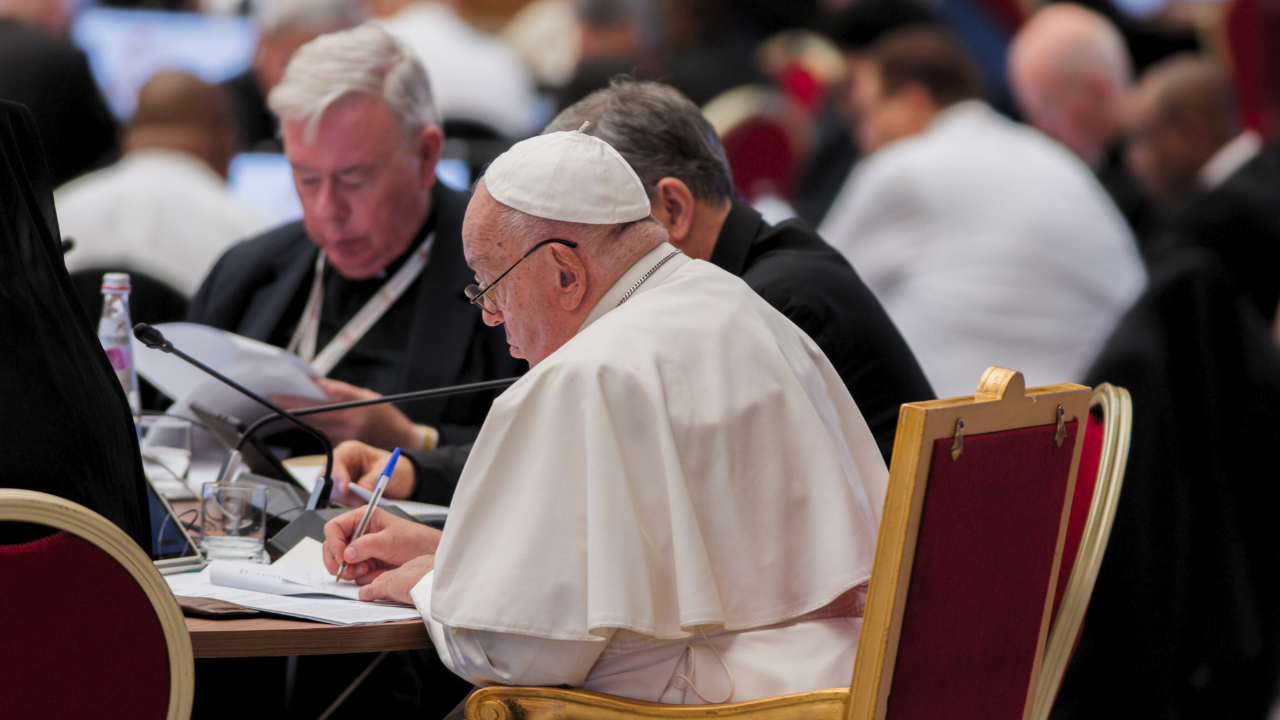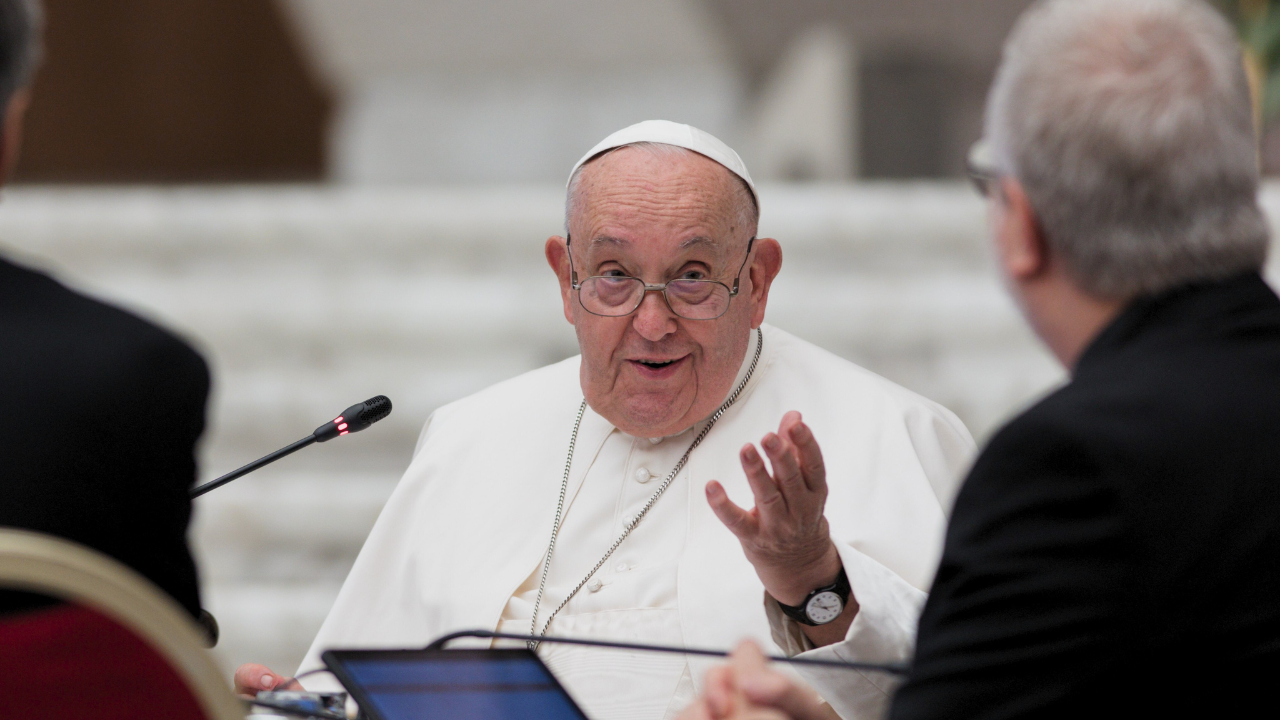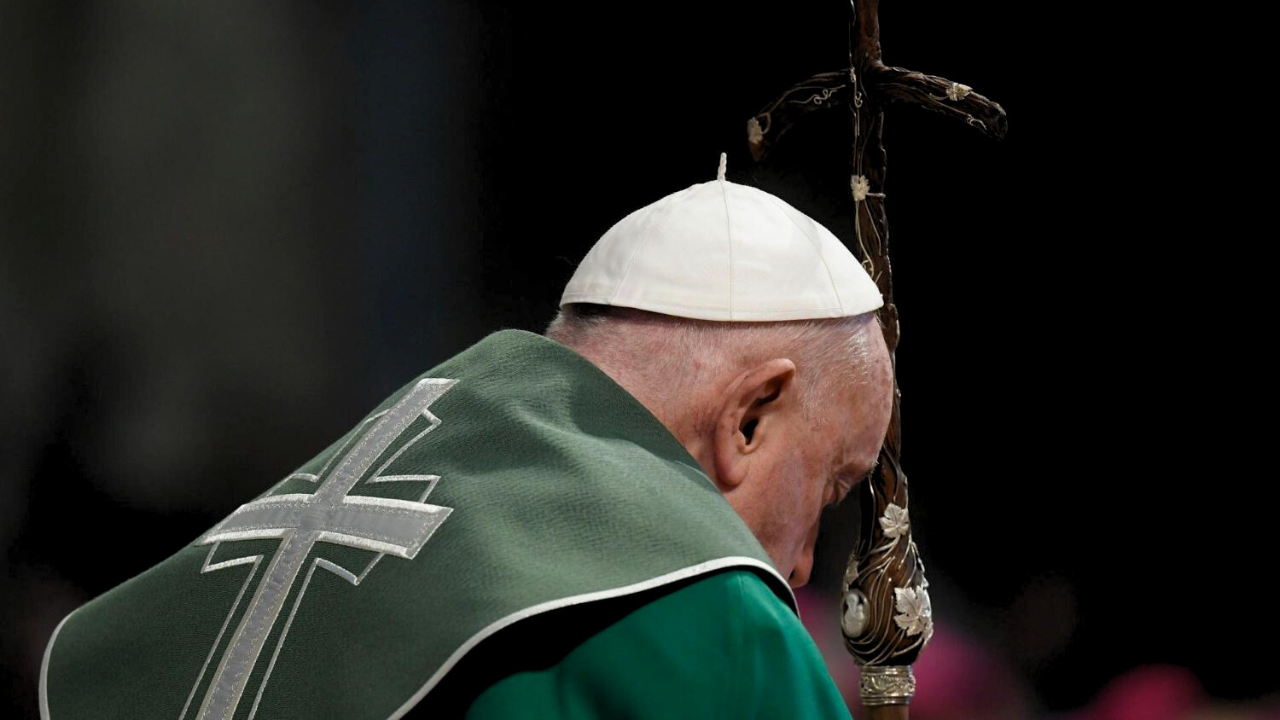In many challenging situations, the Church is the first to arrive, the last to go, and that which always remains.
In the face of difficulty, religious men and women, priests, and bishops are much more than just that. In Liberia, for example, they serve as specialized medical care-givers due to the Ebola outbreak that, to varying degrees, has affected the country for two years.
When it rains, it pours for this African country. Liberia currently occupies last place in the UN's Human Development Index and suffered a 14-year civil war from 1989 to 2003.
MSGR. ANTHONY BORWAH
Bishop of Gbarnga (Liberia)
'The presence of the Church is very important. We may not be able to solve all the problems, but the fact that the priests, the religious, and the bishops stay with the people, listen to the people, pray together, and struggle together, I think it made a big difference during the civil war and especially with Ebola in the country. The presence of the Church is very important.'
In other countries, Catholics are almost nonexistent. In the 70's, Estonia had six Catholics. Now, there are more than 6,000 in a population of one million, two hundred thousand. It is considered the most atheistic country in the world.
MSGR. PHILIPPE JOURDAN
Apostolic Administrator (Estonia)
'In a country with few Catholics, the public opinion about the Catholic Church depends often more on the universal Catholic Church than on the local, rather small Catholic community. In that sense, the figure of the Holy Father is very important.â?
Pope Francis is particularly attentive to situations of suffering in the world, such as those in the Middle East. In Iraq, the renouncement of the Christian persecution and appeals for peace are constant.
MSGR. BASILIO YALDO
Auxiliary Bishop of Baghdad (Iraq)
'I try to be near them. We don't have to do much, except be with those who need it. And even more than being there, it means that we share a common destiny. We have to be there as witnesses to the Gospel.â?
That's why this bishop asks for help so Iraqis are not forced to migrate, especially Christians threatened by ISIS.
MSGR. BASILIO YALDO
Auxiliary Bishop of Baghdad (Iraq)
'It depends on international intervention because we have asked for help from everyone and, so far, it has not been enough. I ask not only for prayers, but also for work to halt the actions of ISIS.â?
The bishops exposed these situations during a meeting in Rome. The Pontifical University of the Holy Cross became the atrium from which they explained the work of the Church in difficult contexts, where simply surviving everyday is sometimes the most extraordinary task.
AC/MB
MG
-JM
-PR
up: IPC
